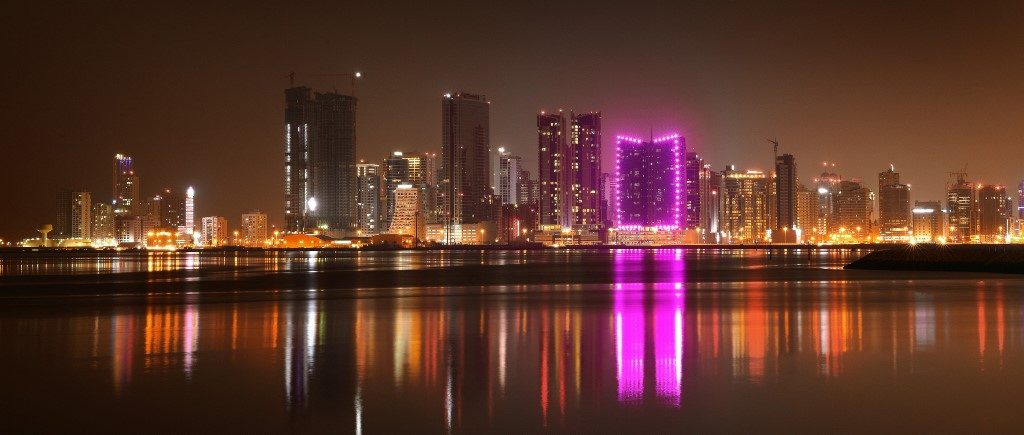São Paulo – Six Arab countries are among the 20 economies that saw the greatest progress in ease of doing business since last year, as per a preview of the Doing Business 2020 report issued this Friday (27) by the World Bank. The annual study is set for release on October 24.
The top 20 improvers were named on the basis of number of reforms and improvement in ease of doing business scores. They made reforms in at least three of the ten areas covered by the study. Arab countries among the top 20 improvers are Bahrain, Djibouti, Jordan, Kuwait, Qatar and Saudi Arabia.
According to the World Bank, Bahrain (pictured is Manama, the capital) implemented reforms conducive to doing business in nine of the ten areas covered, except for “starting a business.” Changes put in place include installation of new scanners at the King Fahd Causeway, which links Saudi Arabia and the archipelago of Bahrain, in the Gulf, and the addition of lanes for border crossing; the introduction of a new electronic system for property registration; a new insolvency law; and the opening of dedicated venues to resolve commercial disputes with electronic processing.
Djibouti passed a new law for stronger access to credit, minority investor protection, and court process effectiveness.
In Jordan, the World Bank saw advances in access to credit, tax payments and resolution of insolvency issues, as a result of the passing of new laws and integration of taxes into an electronic payment system.
As for Kuwait, getting a business license and an electricity connection became easier. Property transfer registers became faster to obtain, access to credit information improved, company laws were changed so shareholders are made aware of general meetings earlier on, and cross-border trading became easier with a new customs risk management system and a new electronic clearance system.
According to the World Bank, Qatar launched an “ambitious” program to modernize public services, including an online system enabling faster electricity connections, streamlined property registration procedures, and an improved land administration system, with the publishing of official service standards and court statistics on land disputes. The Qatari credit bureau also started reporting credit data from a telecommunications company.
Just like Bahrain, Saudi Arabia made strides in nine out of ten areas. Here, starting a business became easier with a one-stop shop, and married women are no longer required to provide additional documents to get national ID cards. A new building code and an online platform for building permits were also created. The Saudi Electricity Company adopted a simpler system for reviewing new connection requests. New laws have made credit safer. Minority investor protections were made stronger, insolvency rules were modernized, and imports became more streamlined with updated systems in the Red Sea’s Jeddah Port.
The other top 20 improver countries are Azerbaijan, Bangladesh, China, India, Kenya, Kosovo, Kyrgyzstan, Myanmar, Nigeria, Pakistan, Tajikistan, Togo, Uzbekistan and Zimbabwe. These are not the top 20 countries in the Doing Business list, but the ones that made the most progress since last year’s edition.
Translated by Gabriel Pomerancblum




